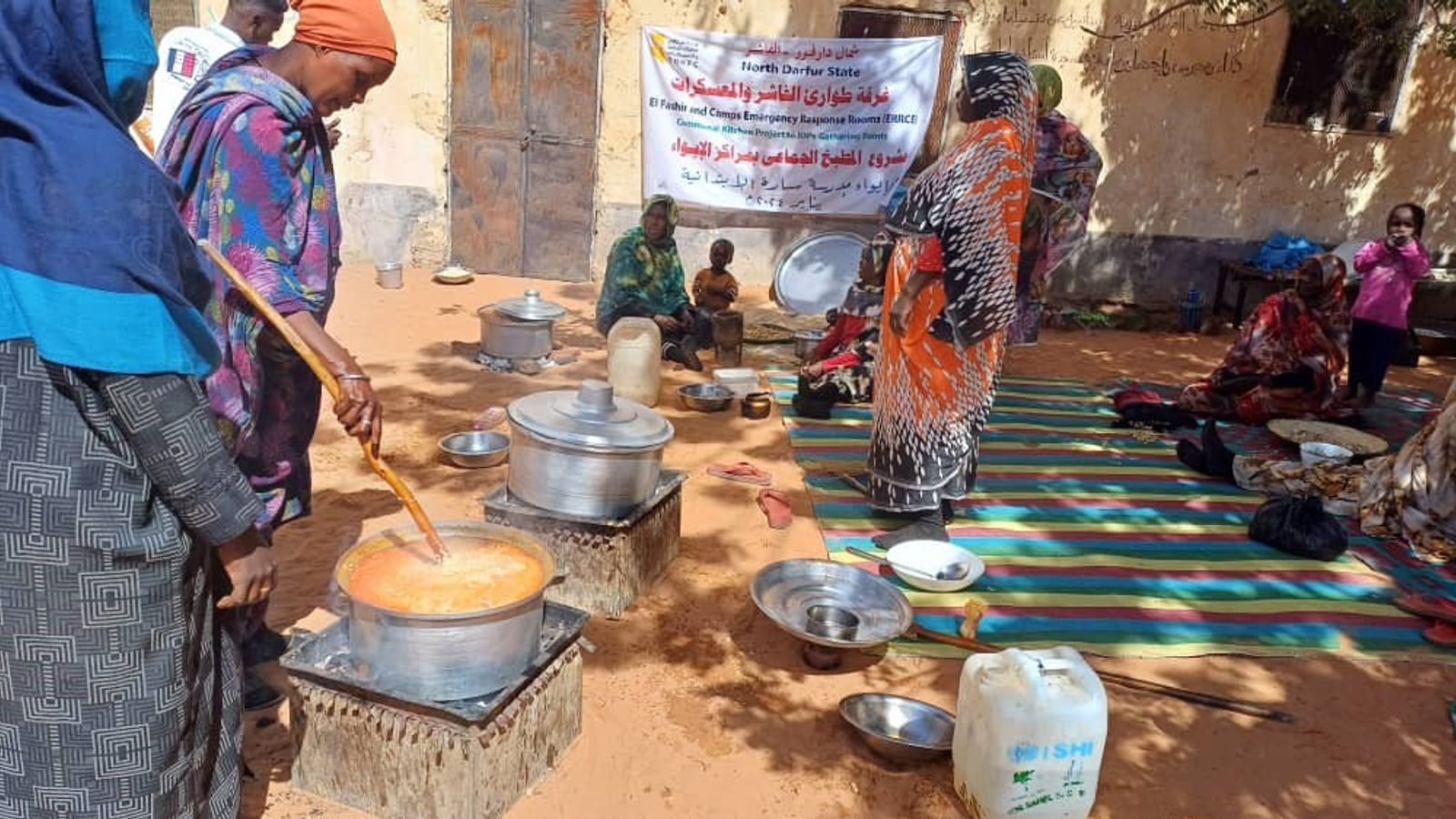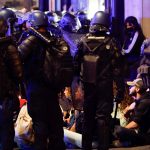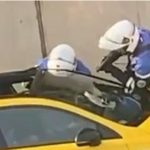Sudan could be just weeks away from a catastrophic famine, aid workers have warned, as community volunteers struggle to feed the hungry amid security restrictions and armed violence.
War between the Sudanese Armed Forces (SAF) and its former security partners the Rapid Support Forces (RSF) erupted in Sudan’s capital Khartoum during the final days of Ramadan in April 2023.
It has since spread to large parts of the country, with a violently paranoid security response crippling efforts to deliver aid and exposing local volunteers to arrest and harassment by warring parties.
This year, Ramadan has exposed the severity of the situation, with many people searching for a single meal and clean water to break their fast in the evening.
Anthony Neal, the coordinator for International Non-Governmental Organisations in Sudan, told Sky News: “We are potentially weeks away from a catastrophic hunger crisis in the Darfurs, Kordofans and Khartoum.
“In many ways, we are in the situation where we are confronted with the possibility of famine because of the level of bureaucratic restrictions we have faced over the last 11 months.”
Lions traumatised by war find sanctuary – but for some there is no bite or fight left
‘They are struggling in every way’: The orphaned and disabled children forced to flee fighting in Sudan
Destruction of Sudan’s most iconic street market is a massacre of memory and communal life
Please use Chrome browser for a more accessible video player
Four out of five Darfur states are controlled by the RSF, as well as large areas of Khartoum. Fighting is ongoing in West Kordofan and South Kordofan, southern states that have been cut off from the rest of the country for months.
“Since December, we haven’t been able to move any supplies from Port Sudan to any areas under the control of the RSF,” said Mr Neal.
“To some extent due to conflict insecurity but also because we haven’t been able to receive the necessary permissions from SAF – mostly military intelligence and national security.”
Across Sudan, there are 17.7 million people facing acute food insecurity, according to the IPC Acute Food Insecurity classification. Close to five million of them are experiencing emergency levels of hunger and the World Food Programme (WFP) says they are largely in places where humanitarian access is limited due to heavy fighting and restrictions.
SAF has pledged to allow some level of cross border assistance into North Darfur from the Tina crossing in Chad and 60 trucks into Al-Geneina in RSF-held West Darfur from the Adre crossing but that is yet to materialise.
Volunteers from Emergency Response Rooms (ERRs) are working in impossible conditions to fill the gap in these areas. Community initiatives borne out of the neighbourhood resistance committees that led protests against military rule in the 2019 revolution are now providing life-saving support in the absence of a state preoccupied by war.
Navigating shelling and airstrikes to buy food
In the residential area Burri in Khartoum, ERR volunteers are navigating shelling and airstrikes to go to markets and buy food to feed 170 families in their area. But market vendors only accept cash and funds are extremely limited.
“Our community kitchen is only able to offer a meal of ful – mashed fava beans – and even that is by the grace of God,” says an ERR volunteer there.
“The community kitchens in the tri-city capital have mostly ceased functioning and even those that are still operating have extremely limited output.”
Earlier this month, Khartoum State Emergency Room confirmed 221 of 300 community kitchens in the state had been suspended due to the continued interruption of telecommunications. This news came just as Ramadan was about to begin.
In North Darfur’s state capital Al-Fashir, where hunger levels are already deadly and thousands have been displaced from other Darfur states, the efforts of ERR volunteers are now paralysed.
Their widespread distribution of clean water, supplies and food to displacement camps, shelters and health centres has ceased with the end of grant assistance.
“The situation during Ramadan is much more difficult as the emergency room has stopped providing any service due to the lack of a grant for any services,” Mohamed told us from Al-Fashir.
“We are now struggling to offer a single meal for people to break their fast.”
State authorities actively restricting volunteers
Mohamed and other ERR volunteers work hard to provide a plate of pasta or rice with meat for people to break their fast at the end of the day.
ERR volunteers are also working with great difficulty in army-held areas.
In another displacement hub, River Nile state capital Atbara, they are providing support to 400 families living in shelters.
“We are doing everything that is possible and everything that is impossible as an individual, group or charitable effort to fill the gap – fighting to provide the displaced with the simplest of necessities for living,” Abeer told us from there.
But not only are state authorities not helping, they are actively restricting volunteer response.
Mr Neal said: “In River Nile state, we have seen a crackdown on local civil society which has restricted a local response at scale to fill gaps in state services.
“They have essentially banned the change in service committees and there has basically been a restriction on the civil society space which does not make it easy for local responders to step up and provide assistance.”
Be the first to get Breaking News
Install the Sky News app for free
William Carter, the Sudan country director for the Norwegian Refugee Council in Sudan, said: “We have been alarmed by increasing probabilities that millions in Sudan would be facing catastrophic hunger for many months now.
“None of the trend lines that would change this default have materialised – improved macroeconomic situation, reduced fighting and displacement, improved humanitarian access.”
“We’ve been surprised that other parts of the international system have downplayed the famine risks for so long.”






















